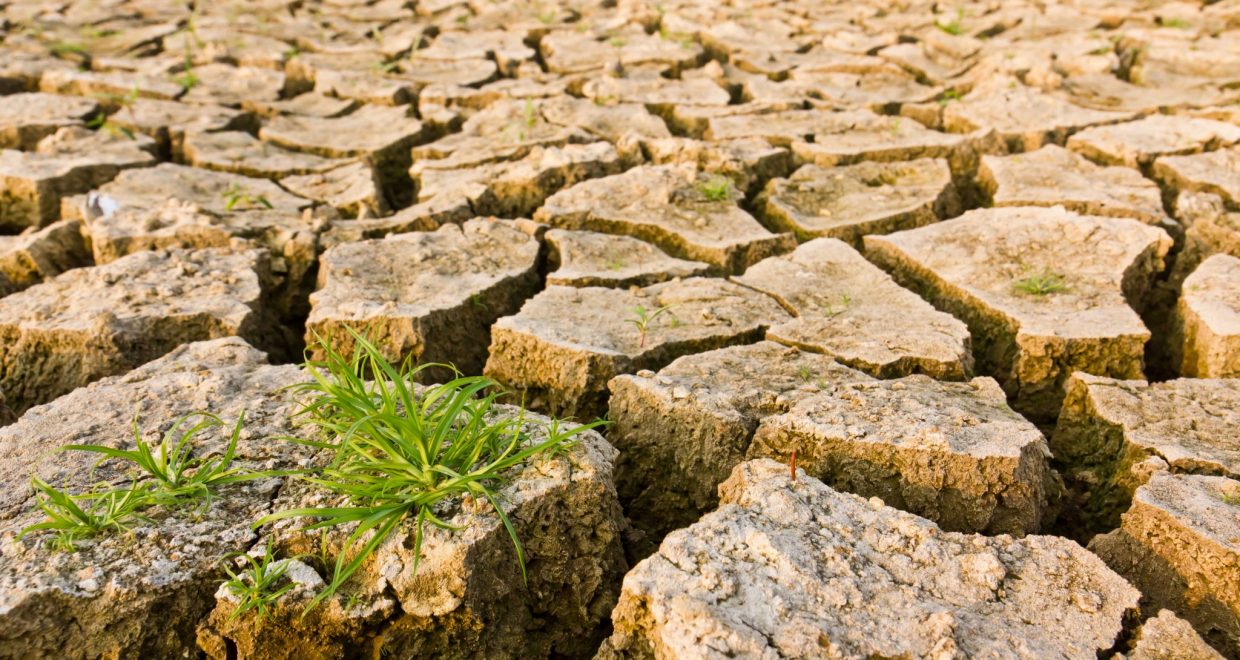Understanding climate change, the most important issue currently facing humanity – an interview with Matt Lloyd on Climate, a Hot Topic from Cambridge
We’re partnering with GOBI Library Solutions on a series of blog posts to give our customers insights into our Hot Topics collections.
Hot Topics from Cambridge are tailored collections of e-books, produced to showcase the latest trends in research. They allow the reader to explore pertinent research topics, choosing from a wide range of subjects, from Capitalism to Nanotechnology.
In the second instalment of our joint project, we’ll explore the Climate collection. Stand-out titles from this series include the Open Access book Governing Climate Change, by Andrew Jordan, Dave Huitema, Harro van Asselt and Johanna Forster; their research explores the use of polycentric thinking to govern climate change and analyses whether this could lead to changes in climate policy.
Another popular title in this Hot Topic is Roger G. Barry and Peter D. Blanken’s Microclimate and Local Climate, which offers a comprehensive outline of the microclimates of major ecosystems from around the world, providing readers with knowledge of a fundamental aspect of climatology.
We spoke to Dr Matt Lloyd, Americas Publishing Director for Science, Technology and Medicine, and Earth and Environmental Sciences Editor at Cambridge University Press, about the Climate collection.
Why is Climate content relevant and how can librarians benefit from this collection?
Tackling human-induced climate change is the most important issue facing humanity (and the wider planet, biodiversity, etc), and will remain so for the coming decades. Key to this is understanding climate and weather science, but also energy, policy and governance issues. Cambridge University Press has THE leading book publishing program in all aspects of the climate change issue. This publishing program ranges from trade books to introductory, intermediate and advanced textbooks, to research volumes. Library users, students, instructors, academics, researchers, and professionals all need access to this list of world-leading books.
All of our Hot Topics reflect the latest research trends in their given subject areas. How do we select what title to include? What parameters do editors follow?
We publish the highest quality research from authors with the highest academic reputations. All book proposals are peer-reviewed before acceptance. We are highly selective on what we choose to publish. All lists – including the climate list – are pro-actively curated to select the best authors and books. All textbooks are developed to improve pedagogy for students and instructors.
How are these collections better than similar ones from competitors?
Simply put, Cambridge has the best quality and largest collection of books on all aspects of climatology and climate change.
What is your favourite part of creating these bespoke collections?
I take great pleasure in building the best collection of climate books – at all levels: trade, textbooks, research, reference – of any publisher.
Which title did you most enjoy working on? Why?
There are too many to mention! A short selection:
100% Clean, Renewable Energy and Storage for Everything by Mark Jacobson: a textbook that will help the world transition to carbon-free energy generation.
There Is No Planet B, A Handbook for the Make or Break Years – Updated Edition by Mike Berners-Lee: best-selling trade book that will help the public switch to being more environmentally-friendly.
Drought, Flood, Fire: How Climate Change Contributes to Catastrophes by Chris Funk: Trade book that looks at how climate change is making natural disasters worse and more frequent, and what we can do about it.
Introduction to Modern Climate Change, 2nd edition by Andrew Dessler: market-leading undergraduate textbook on climate change, third edition coming later in 2021.
Volumes of the Intergovernmental Panel on Climate Change over the last 30+ years: the prestigious reference reports on the state-of-the-art on climate change.
This post was produced in collaboration with EBSCO and GOBI Library Solutions, who have made eCollections hosted on Cambridge Core available through their platform. Check out their blog post about Cambridge Hot Topics here.







climate change and sustainable development topics are really useful to the citizens of the world and offering it free is a great idea. God bless.